About
LASSI Presenters
We are faculty and graduate students in the University of Wyoming departments of Secondary Education, and Physics and Astronomy.
-
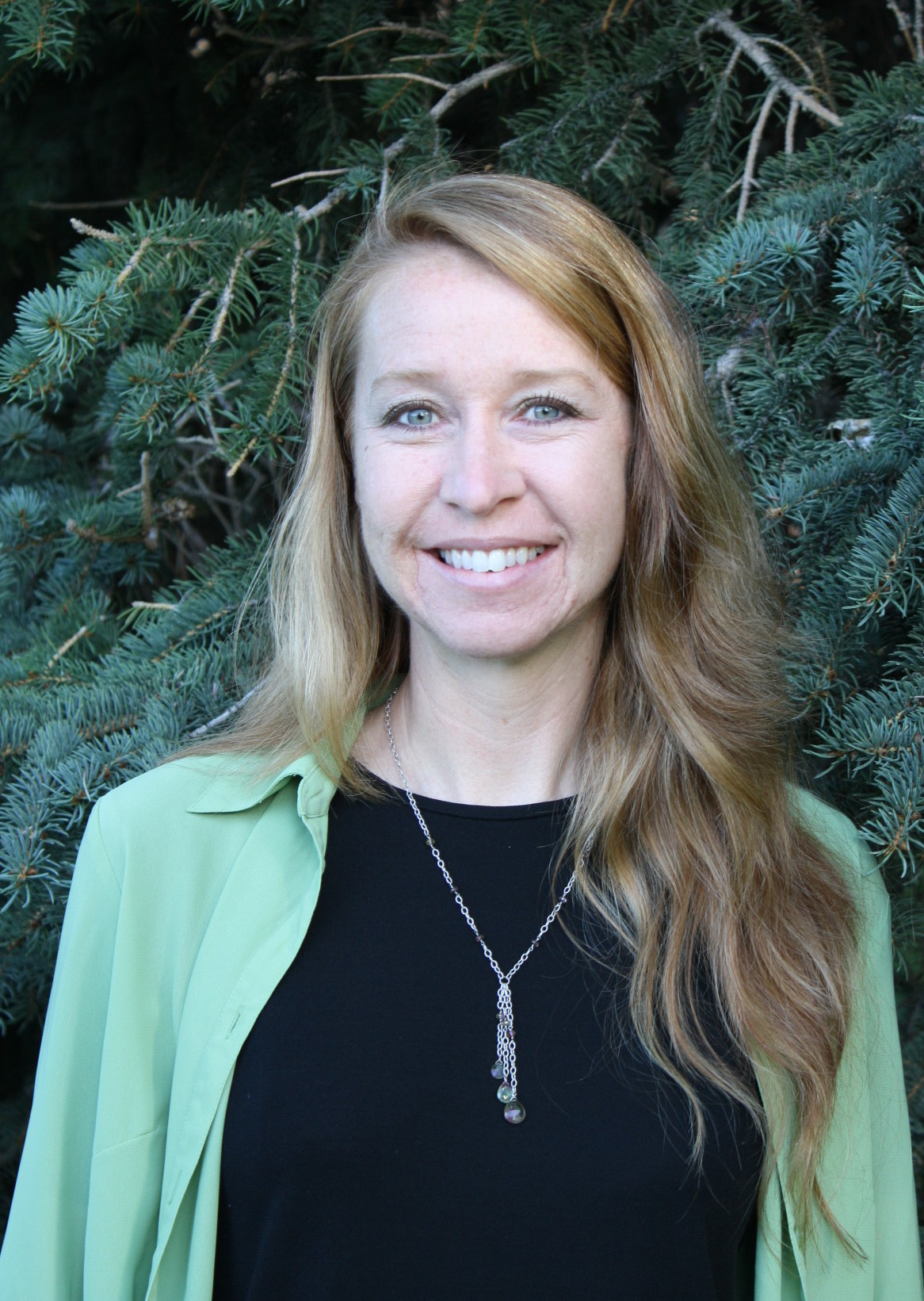
Dr. Andrea Burrows
Andrea is an assistant professor in Secondary Science Education at the University of Wyoming. She has worked extensively with STEM pedagogy and partnerships since 1992, and since 2006 has been conducting research in those fields. She taught science in middle and high schools for 12 years in Florida and Virginia. She has authored peer-reviewed articles, presented at national/international conferences, taught undergraduate/graduate courses, and conducted professional development workshops nationally/internationally. She has recently received funding for STEM education grants from Wyoming's Department of Education and the National Science Foundation.
-
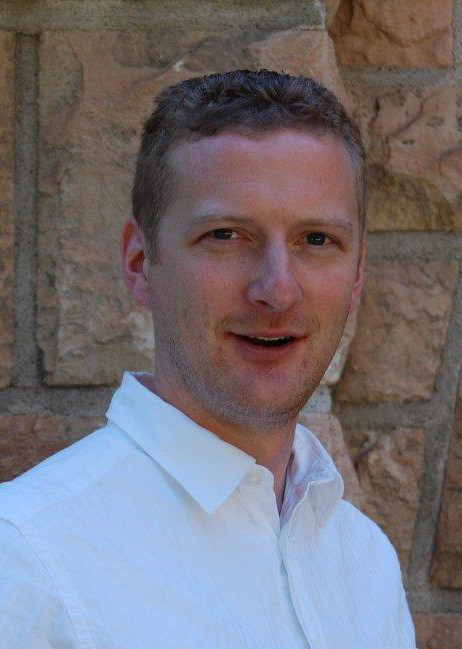
Dr. Adam Myers
Adam has conducted astronomy research for a decade, co-authoring nearly 100 peer-reviewed publications. Dr. Myers has worked with telescopes in Australia, Africa, South America and Europe as well as across the U.S. Professor Myers' research, which has been funded by NASA and the NSF, uses computer-intensive techniques to study quasars — black holes at the centers of distant galaxies that are swallowing large amounts of gas. This violent process makes quasars visible across the Universe, creating ideal beacons to map the cosmos. Professor Myers is an award-winning teacher of introductory astronomy courses at the university level.
-
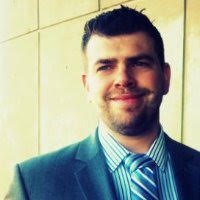
Dr. Mike Borowczak
Mike is the chief scientist and founder of Erebus Labs - a Hardware Security and Engineering Outreach company located in Laramie, WY. He is also a Data Scientist at a Boulder based startup. He has worked with university faculty to promote and extend K20 STEM outreach in Ohio, Oregon, Texas and Wyoming. He also has over a decade of industry and research experience - mostly revolving around the semiconductor and bio-informatics industries - with specific experience at Texas Instruments, Intel and Cincinnati Children's Hospital Medical Center. In addition to his industry experience, he has spent two years, while completing his PhD in Computer Science and Engineering, as a National Science Foundation GK-12 fellow - teaching and bring real-word STEM applications in two urban high schools. He has authored peer-reviewed articles, presented at national/international conferences, and taught undergraduate/graduate courses in both Hardware Security (computer science & engineering) as well as STEM Education and Outreach.
-
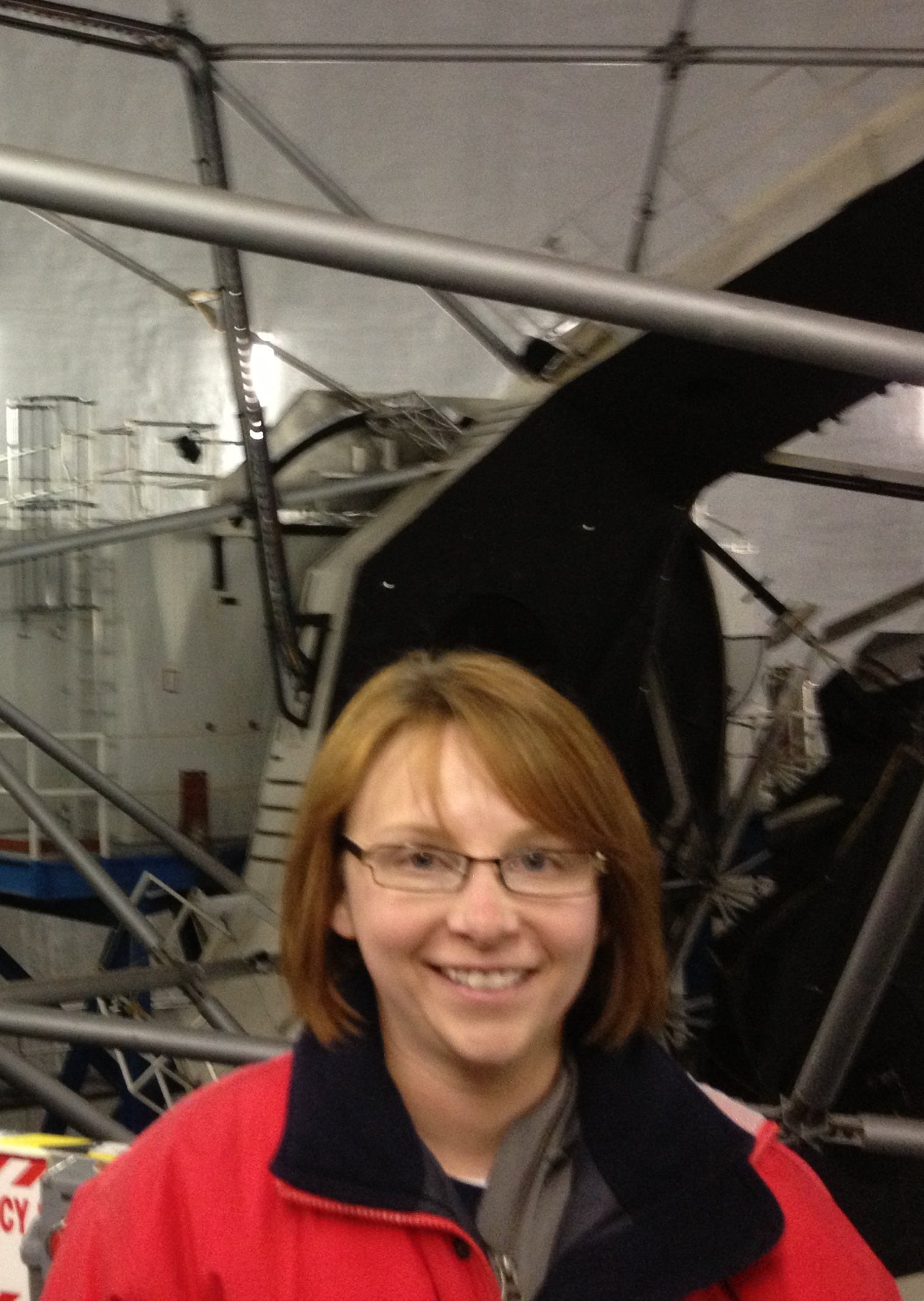
Debbie French
Debbie is a PhD candidate in secondary science education at the University of Wyoming. She formerly taught high school physics, physical science, and engineering in Ohio for eight years. She was a member of the 2012 NASA/IPAC Teacher Archive Research Program (NITARP) and served as co-PI on the NSF-funded Faculty Professional Development in Design, Construction, Assembly, and Analysis of a Solid Body Guitar Design (2010-2013) and LEAD with GUITARS in STEM (2014-present). Her research interests include faculty professional development, research experiences for teachers, and how to implement astronomy research in the classroom.
-
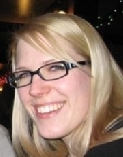
Franziska Peterson
Franziska is a doctoral student in mathematics education at the University of Wyoming. She is researching quantitative reasoning and learning progressions as part of a project supported partially by a grant from the National Science Foundation: Culturally Relevant Ecology, Learning Progressions, and Environmental Literacy (DUE-0832173). Franziska’s additional research interest focuses on the role of language in mathematics classrooms.
-
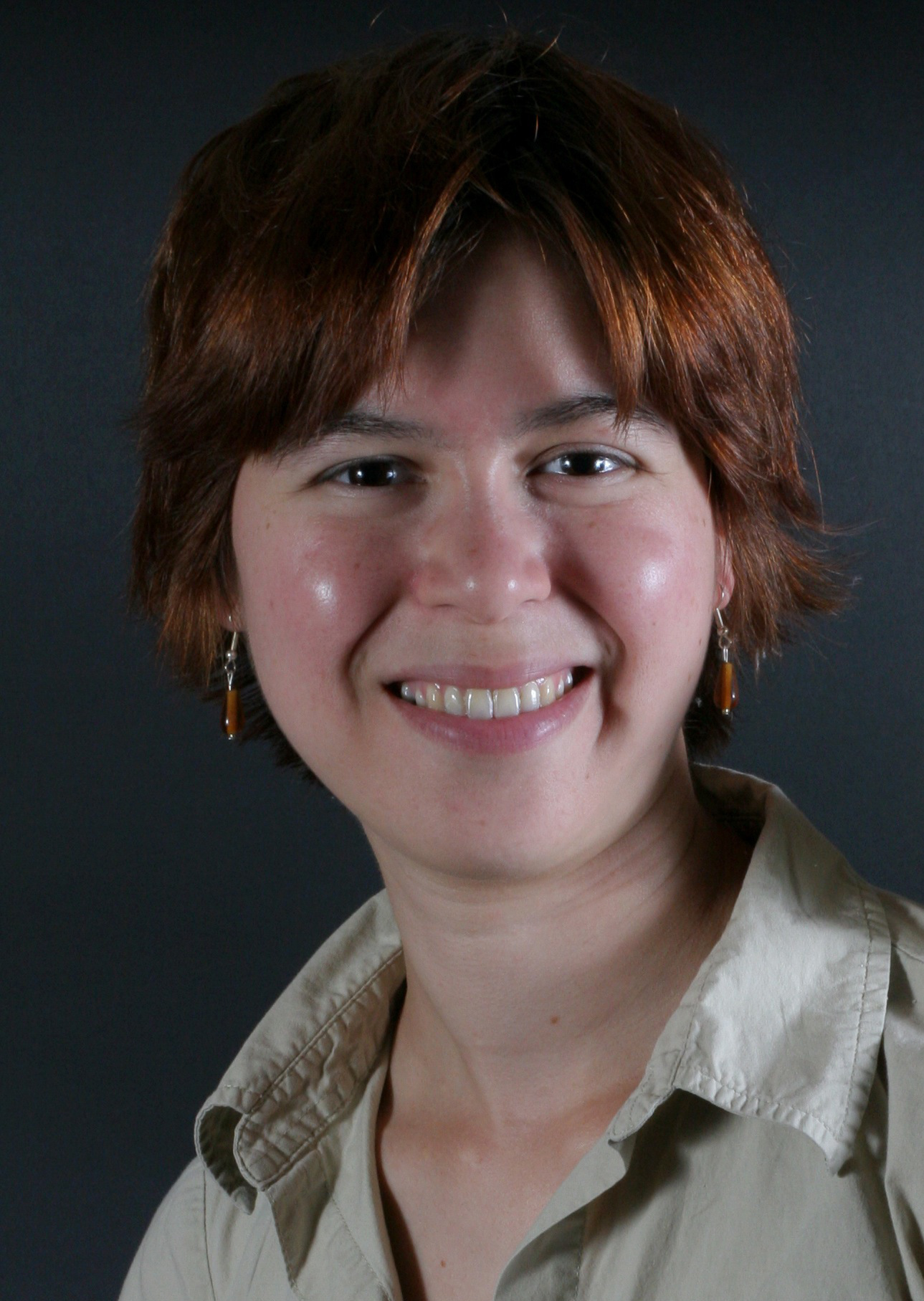
Andria Schwortz
Andria is a PhD student in astronomy at the University of Wyoming and is an Associate Professor of Physics and Astronomy at Quinsigamond Community College in Worcester, MA. Her thesis research is interdisciplinary in education and astronomy. The astronomy component is studying how the clustering properties of quasars depend upon their radio loudness, while the education component is characterizing novice/expert traits in students working with large datasets.
